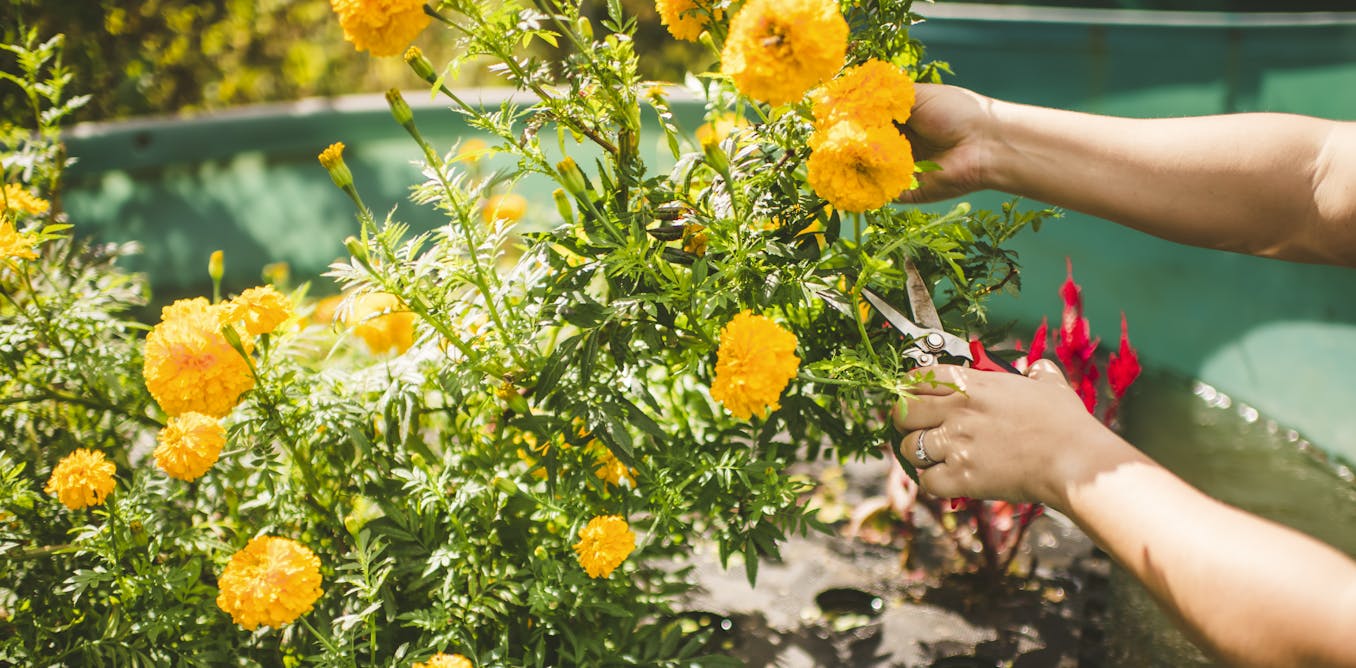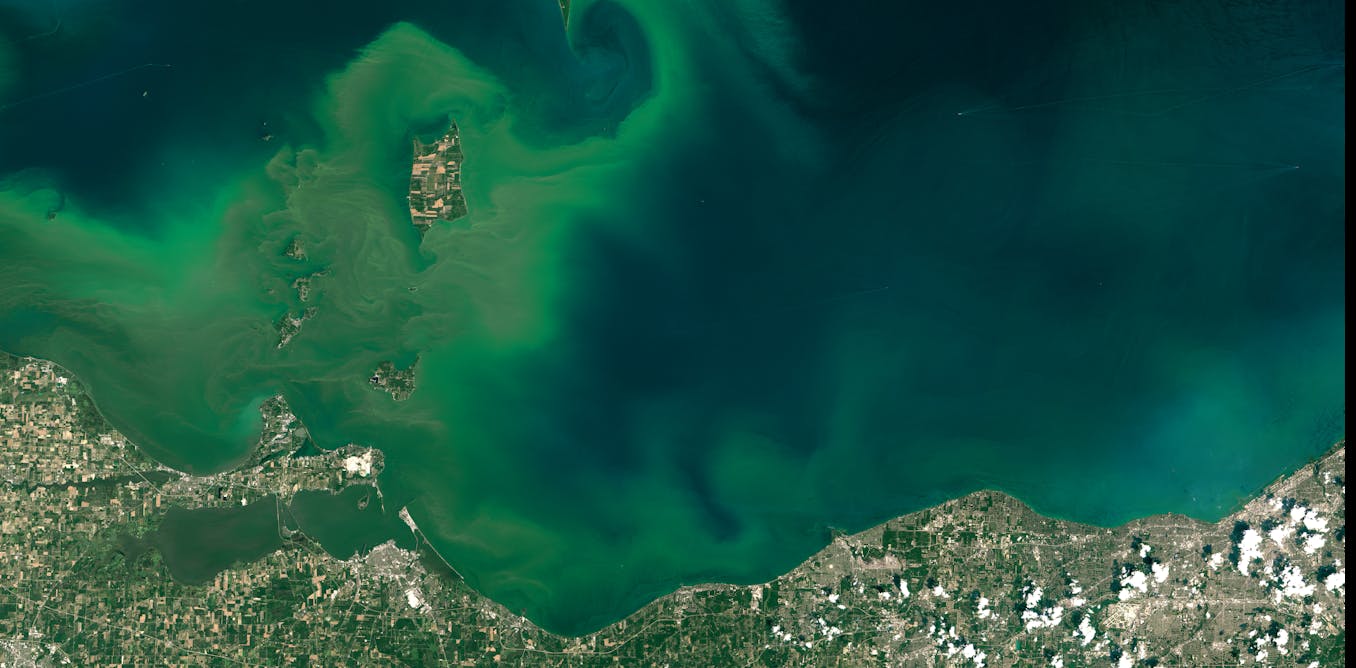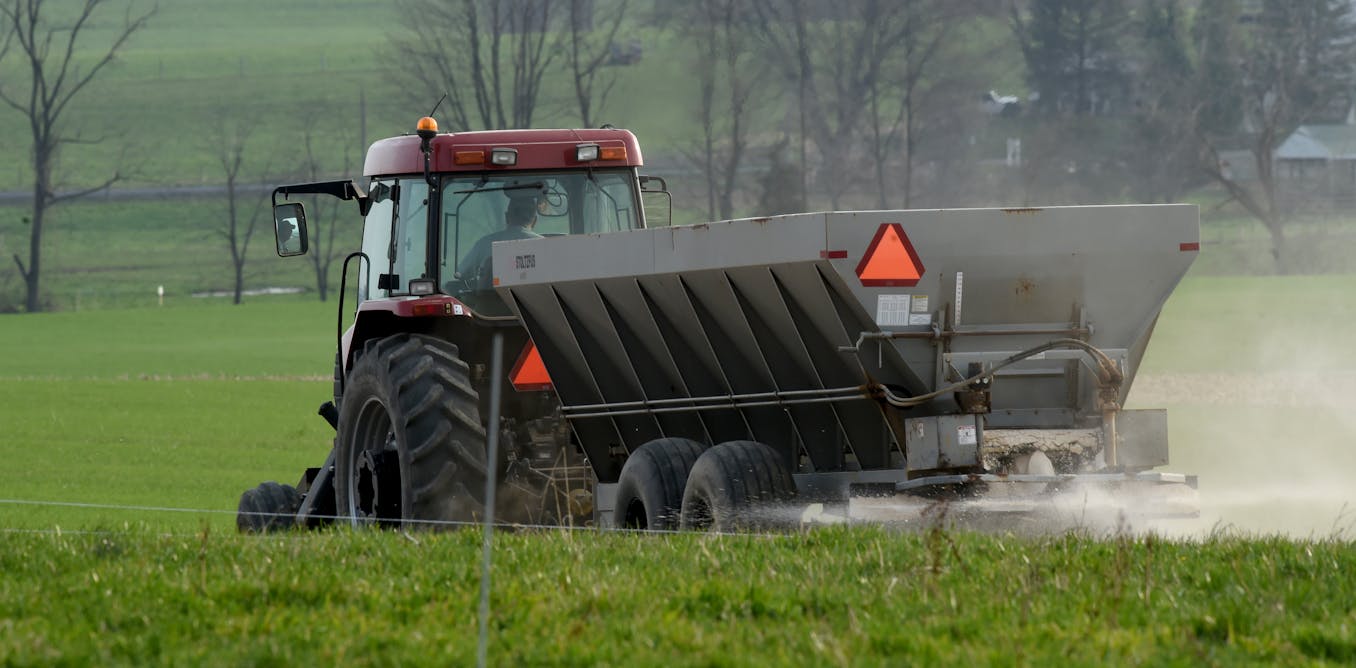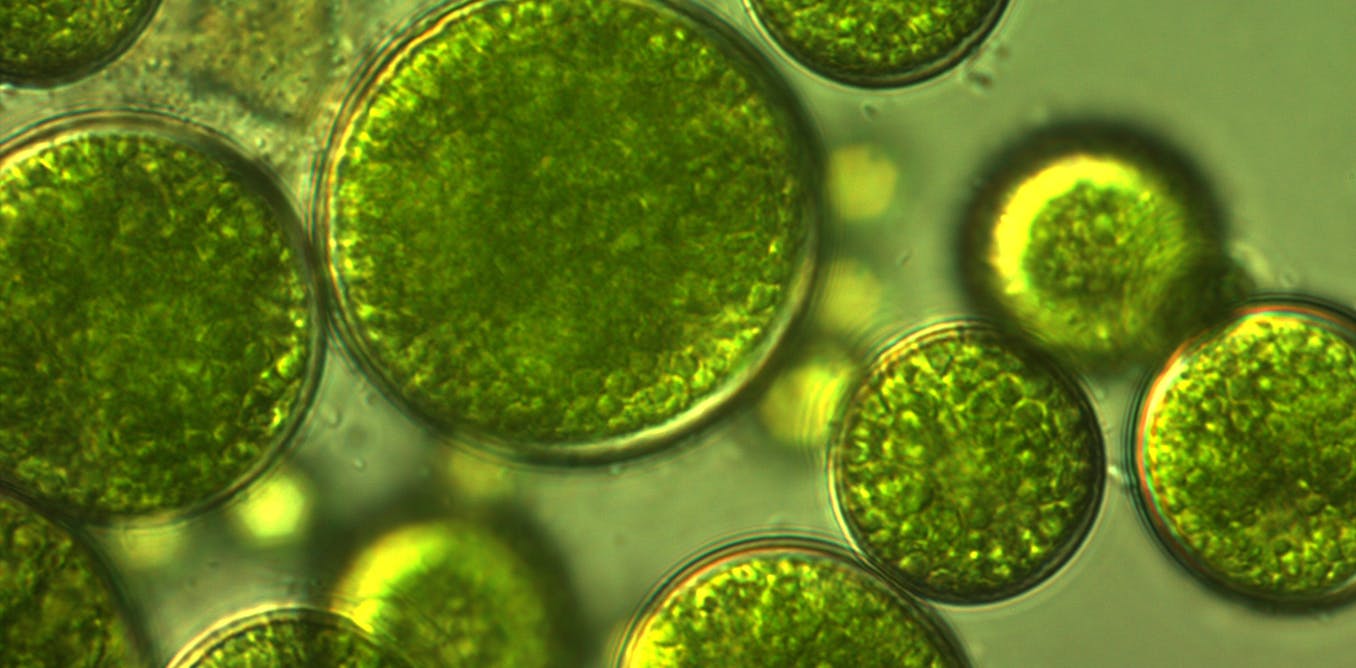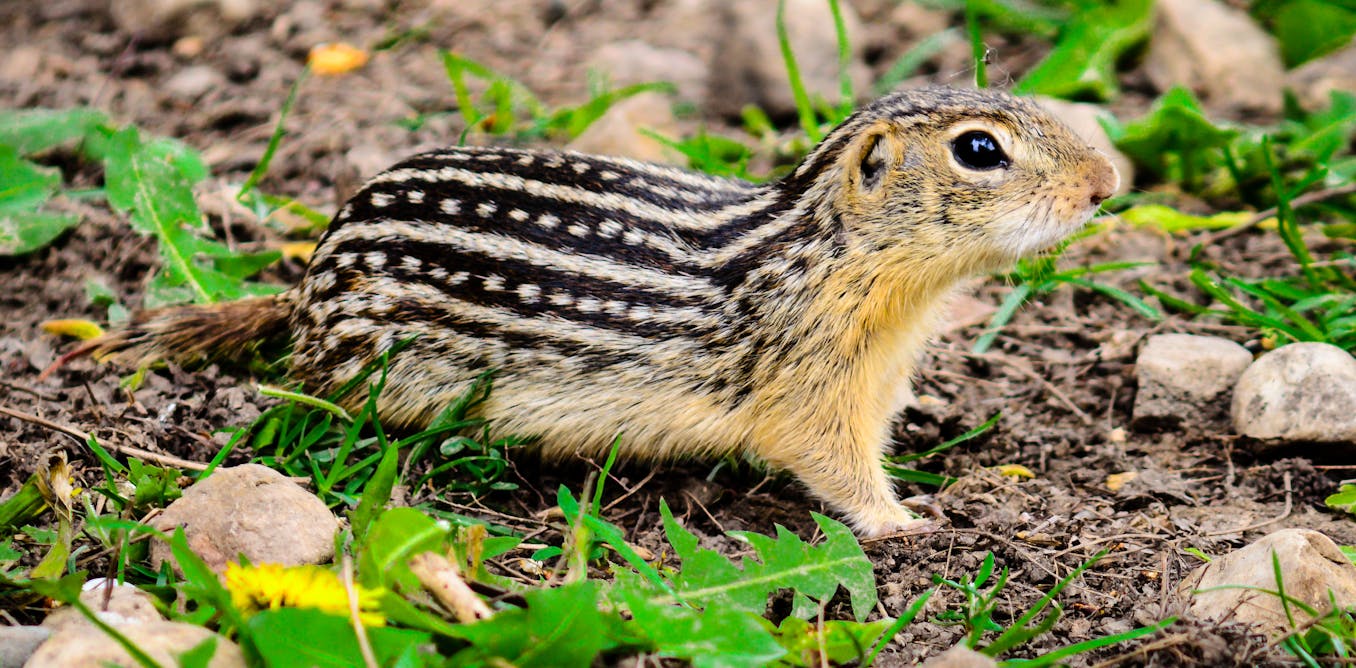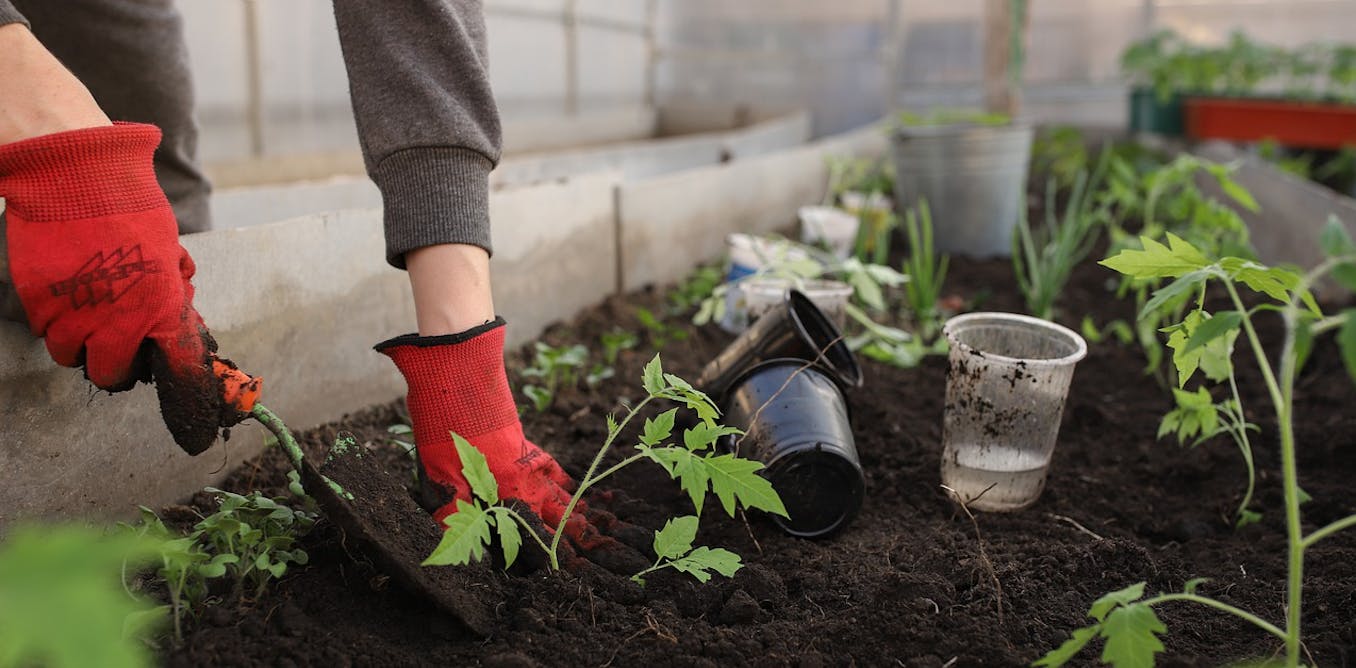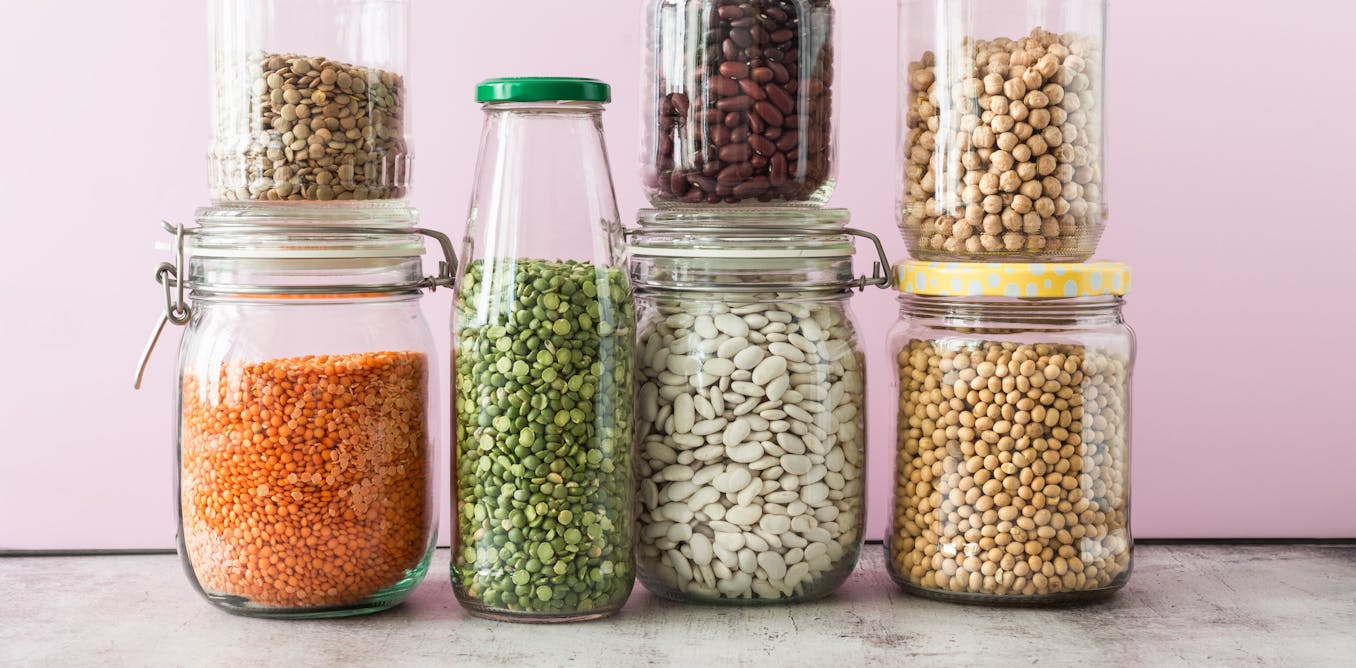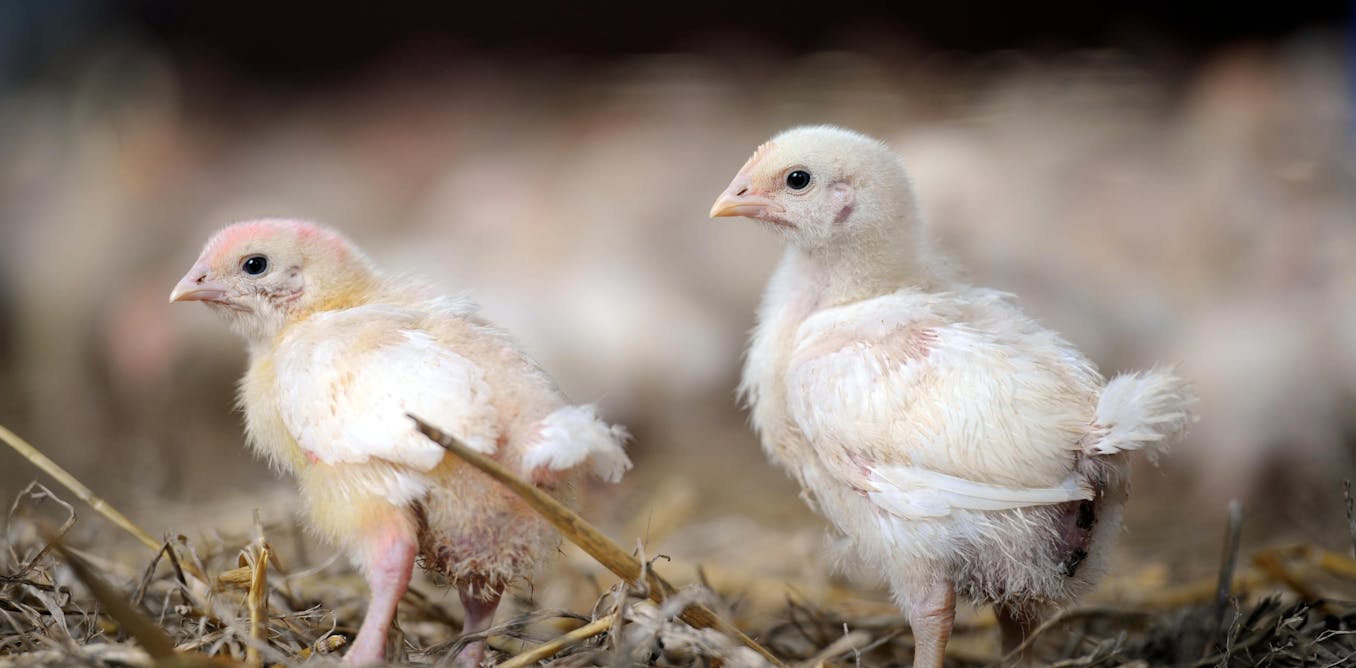Flowers grown floating on polluted waterways can help clean up nutrient runoff and turn a profit
Phosphorus and nitrogen contribute to water pollution and cause harmful algal blooms. New research shows how mats of floating flower beds can take advantage of these nutrients while cleaning the water.
Feb. 13, 2024 • ~5 min

